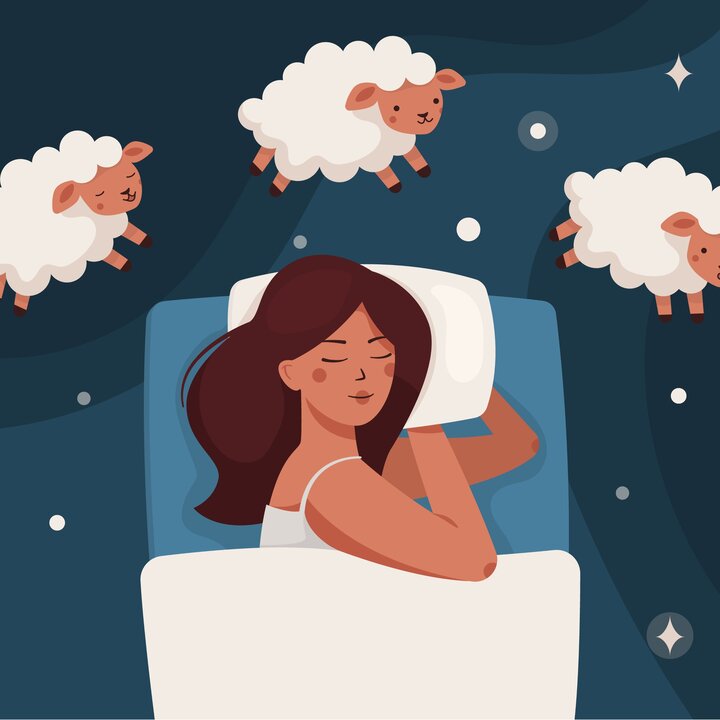
It’s no secret that a refreshing night of sleep can boost your mood, health and productivity, yet finding the time to snooze can be a struggle.
If you’re not consistently getting eight hours of sleep on average, sleep deprivation can take a toll on your health.
So what can we do to get better sleep? Focus on sleep hygiene and better bedtime habits. Nebraska Medicine University Health Center psychiatry physician Stephanie Sutton, MD, gives five science-based tips to help you sleep better.
1. Watch the caffeine
You might not think much of an afternoon can of soda or an evening cup of coffee, but caffeine can stay in your system a lot longer than you think – and affect a good night’s sleep. Stop all caffeine (including caffeinated teas, coffees and sodas) by mid-afternoon.
If you need an energy boost later in the day, try caffeine alternatives. Eating a healthy snack, like fruit or vegetables, can be energizing, as can drinking lots of water. Another option is to enjoy a quick exercise session, even if it’s as simple as a brisk walk.
2. Think before you drink
It’s time to retire the nightcap. Alcohol may help you feel tired, but the quality of sleep after drinking is not great. Even if you’re asleep for six to eight hours, your time asleep isn’t as rejuvenating or refreshing as sober sleep.
3. Optimize your nap
If you’re struggling to fall asleep each night, napping during the day may make nighttime sleep harder. That's because naps take away "sleep pressure" – the signals in your body that say you need rest. If you find yourself falling asleep easily each night, however, it's OK to nap. There's even an optimal time to nap: between 1 and 3 p.m. when we are naturally drowsy.
4. Put the screens away early
Phone, computer and TV screens are very activating to your brain. The light from screens is similar to sunlight and sends signals to your brain that it's time to wake up. Browsing your phone or watching TV before bed isn't a healthy way to fall asleep. Find out why reading the news for hours at a time – also called doomscrolling – can cause anxiety and disrupt your sleep.
5. Use light to your advantage
Consider a daily dose of sunshine to help you shake the sleepiness when you wake. Morning exposure to daylight can help your body get into a routine that makes you naturally feel sleepier at night.
In the wintertime, when the sun is sparse, you can use a lamp to mimic the natural light of the sun. Ideally, you'll want a lamp that provides 5,000 to 10,000 lux of light. Place the sun lamp about 12 to 14 inches away from your eyes, depending on the lamp size, and have the light pointing down at you.
More healthy sleep tips:
- Get up and go to bed at the same time every day
- Use a calming bedtime routine (like yoga, meditation or reading a book) to prepare your body and mind for sleep
- Ditch all electronic devices at least one hour before bedtime, as they may suppress the body's natural release of melatonin
- Use your bed for sleep and sex only, not homework, watching TV, etc.
- Create a dark, cool and relaxed environment
- Exercise regularly, preferably earlier in the day
- Stop caffeine intake by mid-afternoon
- Get exposure to light in the daytime
Plus, find out why melatonin supplements can help in the short term but aren't a long-term fix.
If you need help sleeping, check out these resources and consider scheduling an appointment with your doctor at the University Health Center.